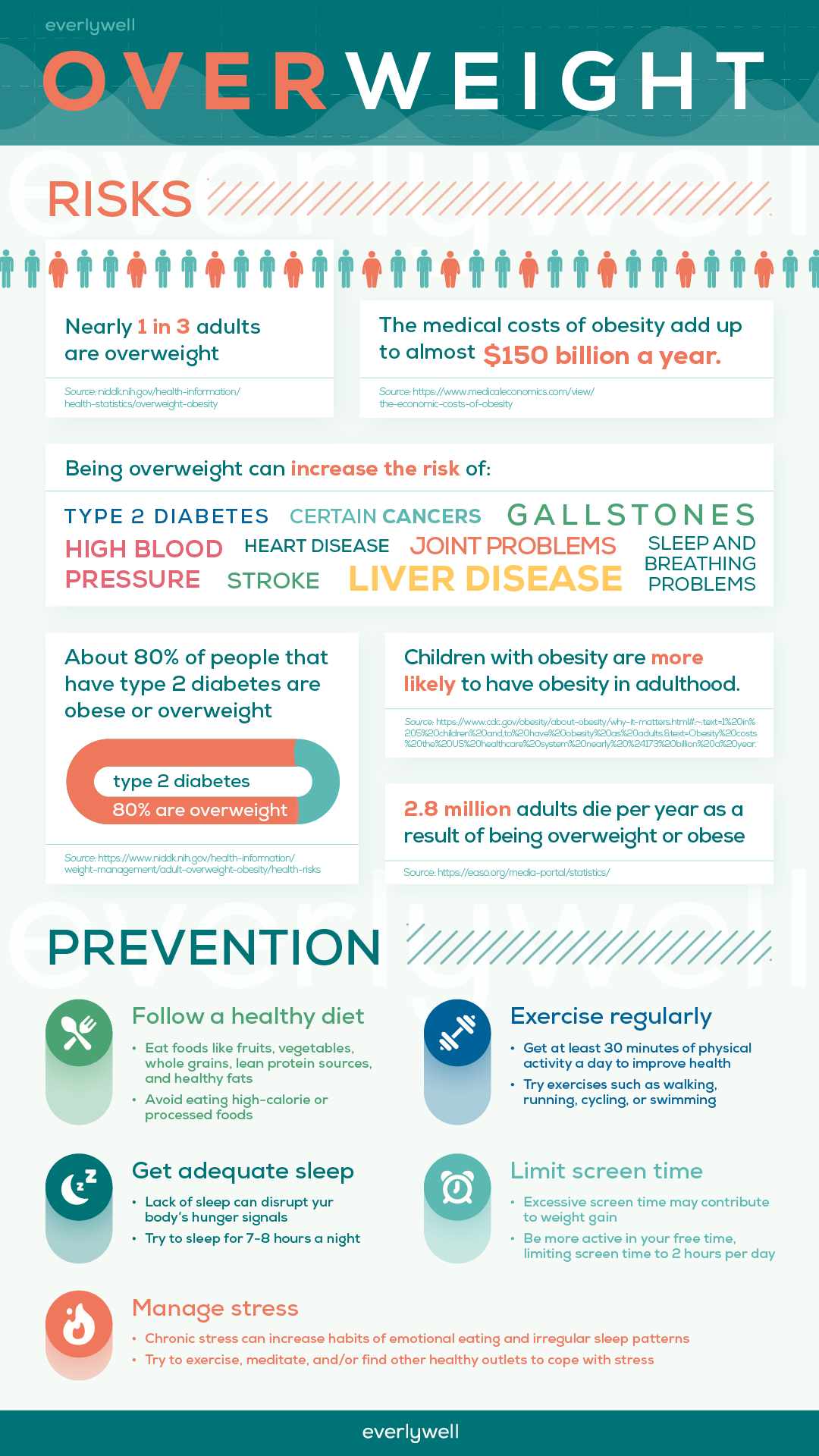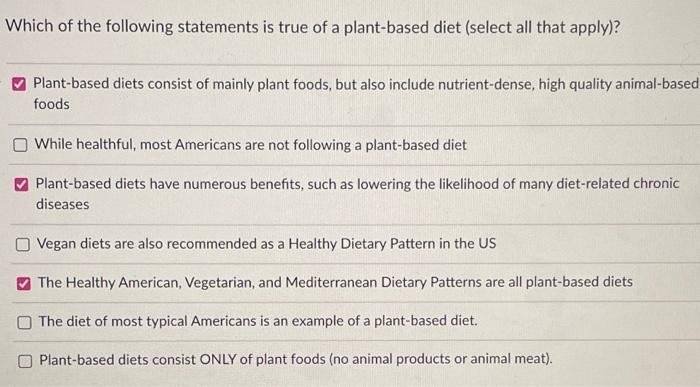Medical weight loss programs typically cost between $100 to $1,000 per month. Prices vary based on services and location.
Medical weight loss programs offer a structured approach to weight loss under professional supervision. These programs include personalized plans that address diet, exercise, and behavioral changes. Costs can vary widely depending on the services provided, such as consultations, medications, and specialized treatments.
Many programs also include follow-up visits and support to ensure long-term success. Investing in a medical weight loss program can lead to significant health improvements. Understanding the cost helps you make an informed decision about your weight loss journey. Consider your budget and specific health needs when choosing the right program for you.
Introduction To Medical Weight Loss
Medical weight loss is a guided program to lose weight. It is supervised by healthcare professionals. These professionals are doctors, dietitians, and nurses.
The Concept
Medical weight loss starts with a detailed assessment. This includes your medical history and lifestyle. The aim is to create a personalized plan. The plan may include diet changes, exercise, and medications. Some programs offer counseling for behavior changes.
Benefits Over Traditional Methods
Medical weight loss offers several advantages.
- Personalized plans: Each plan is tailored to individual needs.
- Professional supervision: Experts monitor your progress and adjust plans.
- Safe and effective: Medical supervision ensures safety and effectiveness.
- Long-term success: Focus on sustainable lifestyle changes.
Comparing to traditional methods, medical weight loss provides better results. The key benefits make it a preferred choice for many.
/assets/production/practices/9f1b7bb98265596620159846966a22c1b86d648a/images/2699963.png)
Credit: www.transformbariatrics.com
Key Components Of Medical Weight Loss Programs
Medical weight loss programs offer a comprehensive approach to losing weight. These programs are designed to help individuals achieve their weight loss goals safely and effectively. Let’s explore the key components that make up these programs.
Personalized Plans
Every individual’s body and metabolism are unique. Personalized plans are tailored to fit each person’s specific needs. These plans consider factors like age, gender, and medical history. They also include dietary guidelines and exercise routines. This customization ensures that each person gets the best results.
Medical Supervision
Medical supervision is a crucial part of medical weight loss programs. A team of healthcare professionals, including doctors and nurses, monitor your progress. They conduct regular check-ups to ensure safety and effectiveness. This supervision helps in adjusting the plan as needed. It also provides a sense of accountability.
Behavioral Therapy
Behavioral therapy focuses on the mental aspects of weight loss. This component addresses emotional eating and other habits. Therapists use techniques like cognitive-behavioral therapy (CBT) to help change negative behaviors. This therapy is essential for long-term success.
| Component | Description | Importance |
|---|---|---|
| Personalized Plans | Custom diet and exercise plans | Ensures best results for each individual |
| Medical Supervision | Regular check-ups by healthcare professionals | Ensures safety and progress |
| Behavioral Therapy | Focuses on mental aspects of weight loss | Essential for long-term success |
- Personalized Plans: Tailored to fit individual needs.
- Medical Supervision: Regular monitoring by healthcare professionals.
- Behavioral Therapy: Addresses emotional and mental aspects.
Factors Influencing The Cost
Understanding the cost of medical weight loss can be complex. Various factors influence the total expense. Knowing these factors helps in making informed decisions.
Type Of Program
The type of medical weight loss program significantly affects the cost. Different programs offer varying levels of support and services. Common types include:
- Meal Replacement Programs: These often include pre-packaged meals. They can be more expensive due to the convenience.
- Prescription Medication Programs: These require consultations and follow-ups with a doctor. The cost includes medication and doctor fees.
- Surgical Programs: These are usually the most expensive. Costs cover surgery, hospital stays, and follow-up care.
Duration
The duration of the program also impacts the cost. Short-term programs may seem cheaper but could be less effective. Long-term programs provide extended support but come with higher costs. Consider the following:
- Short-term Programs: Typically last a few weeks to a few months. They may cost less but require more discipline.
- Long-term Programs: Can last several months to years. They often include ongoing support and follow-ups.
Location
Location plays a crucial role in the overall cost. Medical weight loss programs in urban areas tend to be more expensive. Rural areas may offer more affordable options. Consider travel costs if the program is far from your home. Different regions have different living costs, impacting program pricing.
Here’s a simple comparison:
| Location | Average Cost |
|---|---|
| Urban Areas | $3,000 – $10,000 |
| Rural Areas | $1,500 – $5,000 |

Credit: sosamedicalaesthetics.com
Average Cost Breakdown
Understanding the costs associated with medical weight loss can help you budget effectively. The total cost includes several components. Let’s break down the average costs for each part.
Initial Consultation
The initial consultation is your first meeting with a healthcare provider. This session assesses your health and weight loss goals. The cost for this initial meeting can vary based on location and provider expertise.
| Location | Cost Range (USD) |
|---|---|
| Urban Areas | $150 – $300 |
| Suburban Areas | $100 – $250 |
| Rural Areas | $75 – $200 |
Follow-up Sessions
Follow-up sessions are crucial for monitoring progress and adjusting the plan. These sessions ensure you stay on track and achieve your goals. The frequency of these visits can influence the overall cost.
- Weekly sessions: $50 – $100 per session
- Bi-weekly sessions: $75 – $150 per session
- Monthly sessions: $100 – $200 per session
Additional Supplements
Some plans may recommend additional supplements to enhance results. These can include vitamins, protein powders, or other nutritional aids. The cost of supplements varies based on the brand and type.
- Vitamins: $20 – $50 per month
- Protein Powders: $30 – $70 per month
- Specialty Supplements: $40 – $100 per month
It’s important to consider these costs in your budget. They can add up over time. Make sure to discuss all potential expenses with your provider.
Insurance Coverage And Medical Weight Loss
Understanding the cost of medical weight loss can be tricky. Insurance coverage can help reduce these costs. But, it’s important to know what your insurance covers and how to check your benefits.
What Insurance May Cover
Insurance may cover different parts of your medical weight loss plan. This can include:
- Doctor consultations
- Lab tests
- Prescription medications
- Nutrition counseling
- Bariatric surgery
Each insurance plan is different. Some plans cover more services. Others may cover fewer services.
How To Check Your Benefits
It’s important to check your insurance benefits before starting a weight loss program. Here’s how you can do it:
- Call your insurance company.
- Ask about coverage for weight loss services.
- Check if you need a referral from your doctor.
- Ask about any out-of-pocket costs.
- Review your policy documents.
Make a list of questions to ask. This helps you get all the information you need. Knowing your benefits can save you money and stress.

Credit: www.everlywell.com
Comparing Costs: Medical Weight Loss Vs. Traditional Diets
Understanding the costs involved in medical weight loss and traditional diets is important. People often wonder which option gives the best value for money. Let’s break down the costs and effectiveness of each approach.
Upfront And Long-term Costs
Medical weight loss programs usually have higher upfront costs. These costs can include doctor visits, prescription medications, and specialized treatments. Below is a table comparing these costs:
| Expense Type | Medical Weight Loss | Traditional Diets |
|---|---|---|
| Doctor Visits | $100 – $500 per visit | $0 – $50 per visit |
| Medications | $50 – $200 per month | $0 |
| Specialized Treatments | $500 – $3,000 | $0 |
Traditional diets often have lower upfront costs. The expenses mainly involve buying groceries and maybe a few diet books. These costs are generally lower but can add up over time.
Effectiveness
Effectiveness is another important factor. Medical weight loss programs often offer supervised plans tailored to individual needs. This can lead to faster and more sustainable results. Here’s a breakdown of their effectiveness:
- Medical Weight Loss: 5-10% body weight loss in 6 months.
- Traditional Diets: 1-5% body weight loss in 6 months.
Traditional diets may work slower and can be less effective. This is because they lack personalized medical supervision. People might find it harder to stick to them for the long term.
Financial Assistance And Payment Plans
Managing weight can be expensive. Many people seek medical weight loss. Financial assistance and payment plans can help. These options make treatment affordable. Below, we explore available programs and how to apply.
Available Programs
Several programs offer financial help for medical weight loss. Here are some options:
- Insurance Coverage: Some insurance plans cover weight loss treatments.
- Government Assistance: Programs like Medicaid may offer support.
- Non-Profit Organizations: Some charities help with medical costs.
- Employer Wellness Programs: Many companies offer wellness incentives.
| Program | Details |
|---|---|
| Insurance Coverage | Some plans cover doctor visits, medications, and surgeries. |
| Government Assistance | Medicaid and Medicare may cover some costs. |
| Non-Profit Organizations | Charities may help with specific treatments or costs. |
| Employer Wellness Programs | Companies may offer discounts or reimbursements. |
How To Apply
Applying for financial assistance is easy. Follow these steps:
- Check your Insurance: Contact your insurance provider first.
- Explore Government Programs: Visit Medicaid or Medicare websites.
- Research Non-Profits: Look for charities that focus on weight loss.
- Ask your Employer: Speak to HR about wellness programs.
Each program has its own application process. Gather necessary documents. Fill out forms accurately. Keep copies of everything you submit. Waiting times vary. Be patient and follow up if needed.
Making An Informed Decision
Understanding the cost of medical weight loss can be tricky. It’s important to make an informed decision. This involves evaluating your personal needs and consulting with a professional. Each step ensures you get the best value for your investment.
Evaluating Personal Needs
Before diving into costs, assess your personal needs. Everyone’s weight loss journey is unique. Consider the following:
- Current health status
- Weight loss goals
- Budget constraints
- Preferred types of treatment
Create a checklist. This helps in narrowing down options. It’s essential to know what you need to achieve your goals.
Consulting With A Professional
Consulting with a professional can offer valuable insights. Professionals can tailor plans to suit your needs. They assess your health and recommend treatments.
Here are some steps to follow:
- Schedule a consultation
- Discuss your weight loss goals
- Ask about different treatment options
- Inquire about the costs involved
Professionals help you understand the costs and benefits. They provide a roadmap to achieve your weight loss goals. This ensures you make a well-informed decision.
Frequently Asked Questions
Is Medi Weight Loss Program Expensive?
The Medi weight loss program can be expensive. Costs vary based on location and individual needs. Initial consultations, weekly visits, and supplements contribute to the expense. Always check with your local clinic for specific pricing details.
How Much Do Weight Loss Injections Cost?
Weight loss injections typically cost between $1,000 and $1,500 per month. Prices vary based on the clinic and location.
Is Lose Weight Covered By Insurance?
Insurance coverage for weight loss varies. Some plans cover it if deemed medically necessary. Check your policy for details.
How Much Weight Do You Lose On Medical Weight Loss?
Weight loss varies by individual. Most people lose 1-2 pounds per week with medical weight loss programs. Results depend on commitment and adherence to the plan.
How Much Does Medical Weight Loss Cost?
The cost varies widely, typically between $100 to $500 per month, depending on the program and services offered.
Conclusion
Understanding the cost of medical weight loss is crucial for making informed decisions. Prices can vary based on treatments and locations. Investing in your health is invaluable. Always consult with professionals to find the best plan for you. Prioritize your well-being and explore all available options for effective results.

















